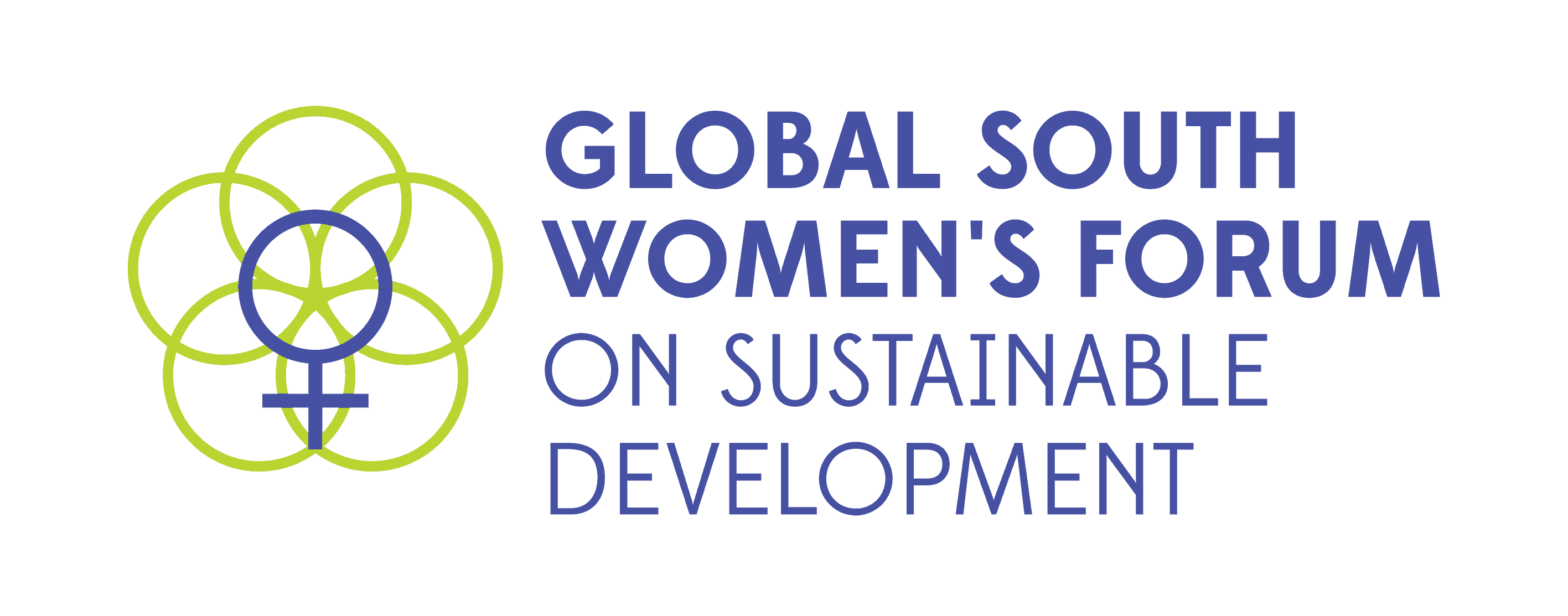Bordering rights: The globalised double standards of visa regimes
“It takes less than a century, it seems, to see the absence of freedom as a natural condition” – Speranta Dumitru, ‘When World Leaders Thought You Shouldn’t Need Passports or Visas’, The Conversation, 27 September 2016.
In today’s interconnected world, everyone should have the freedom to travel and pursue opportunities, regardless of nationality or origin. However, the introduction of visa requirements barely a century ago has led to a global system which normalises, perpetuates, and profits from systemic inequalities. This session discussed how visa apartheid affects global mobility, economic opportunities, access to safety, and the fundamental principles of equality and justice; while visa conditionalities restrict access to decent work conditions and impact the right to family life, among other injustices. This session also addressed the inflexible bureaucracies which have a disproportionate hold over people on the move.
View the session transcript as a web page, Word document or PDF.
Speakers
Charity Atukunda was born in Rukungiri, Uganda in 1988. After her family moved to the United States, she spent her formative years seeking out her place as an artist, drawing on visual fine arts, graphic novels and animations for inspiration. She returned to Uganda in 2008 only to experience an unexpected dose of decolonising, self-deconstruction and an uncomfortable vulnerability that forced her to constantly search for herself and her culture. Atukunda’s work often explores and questions the ideas, beliefs and systems that govern our lives. She currently resides in Kampala, Uganda.
Impacted by Malaysia’s stringent citizenship laws and facing overwhelming challenges in raising her Malaysian children in the country, Bina Ramanand co-founded the Foreign Spouses Support Group (FSSG) in 2007 with the aim of advancing, promoting, and protecting the rights of Malaysian binational families. As the lead coordinator for Family Frontiers, she works towards achieving gender justice and law reform that would enable Malaysians to confer citizenship on their children and spouses on an equal basis, and for more family-friendly and gender-sensitive immigration policy.
Pooja Badarinath is the senior advocacy advisor for the Sexual Rights Initiative. Pooja is from India and has worked on law and policy implementation and reform on gender-based violence and sexuality and accountability for violations at national and regional levels. She is committed to feminist ways of working and exploring the idea of international human rights spaces as a site for feminist analysis for activists from the Global South. She has a keen interest in understanding the relationship between law and sexuality and the ways in which they interact with each other.
Farzana Adell is a researcher in gender studies and the founder of Gender Equality Research Organization in Afghanistan (GEROA). She has a Masters in business administration from Cardiff Metropolitan University and is currently undertaking a Masters in women and child abuse from London Metropolitan University.



